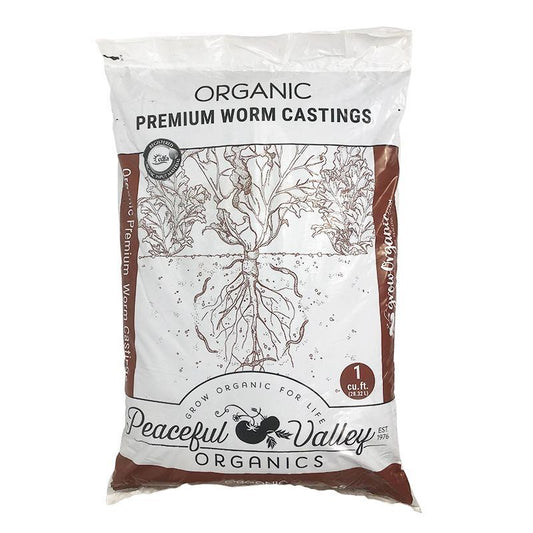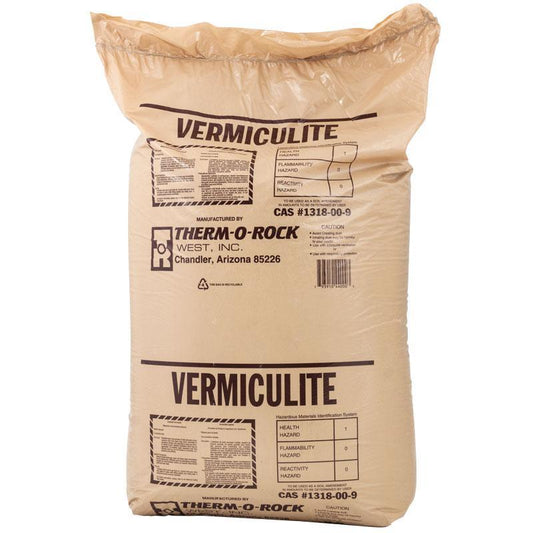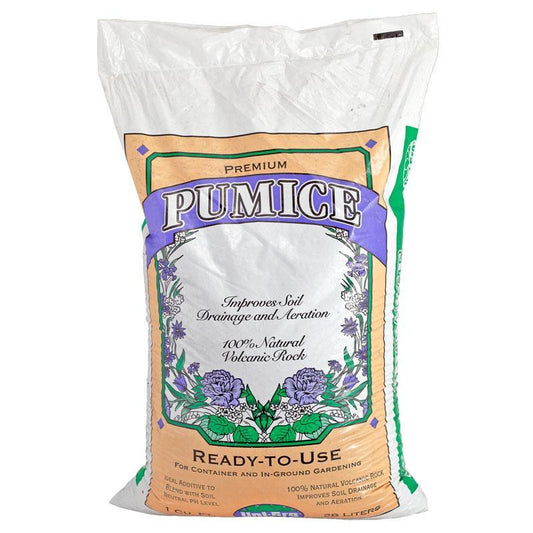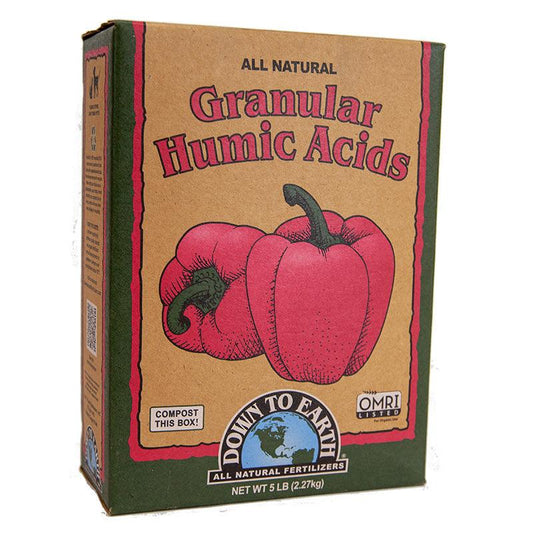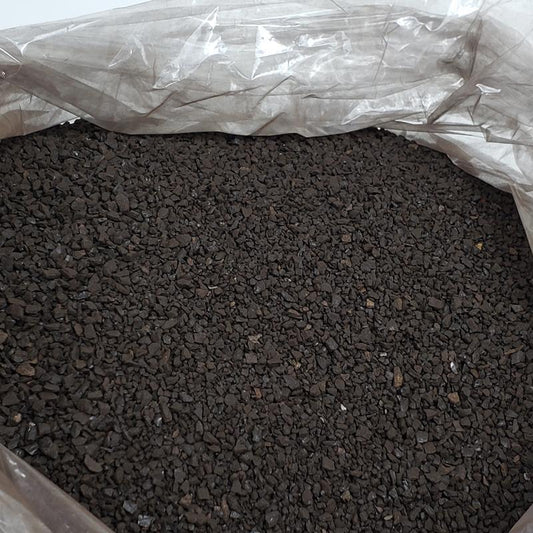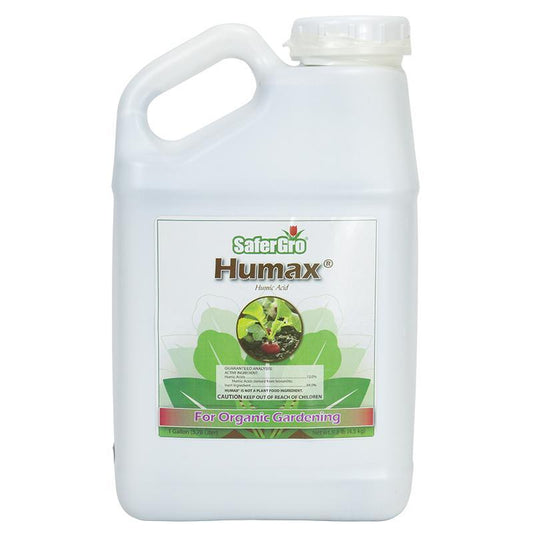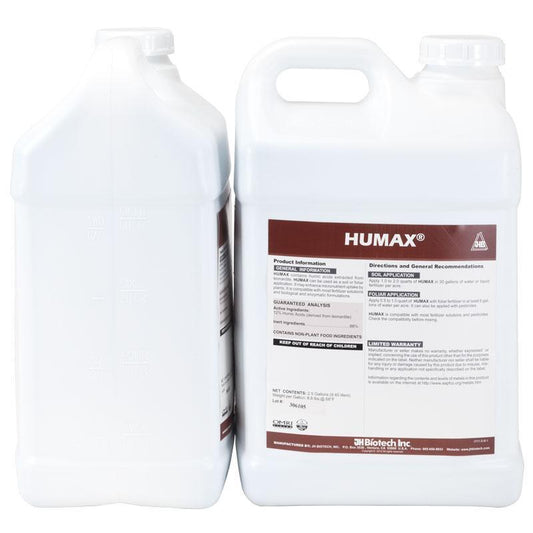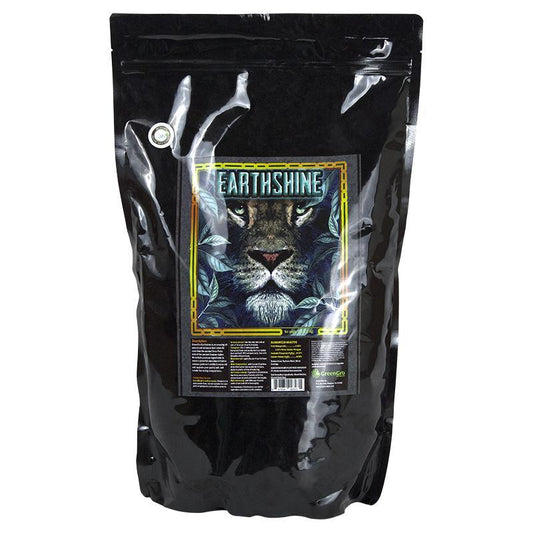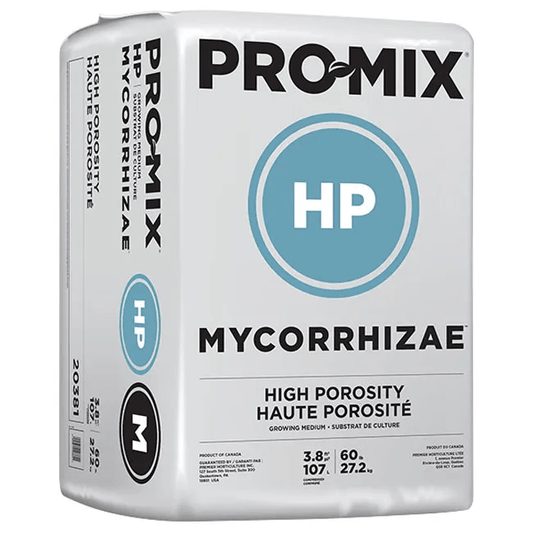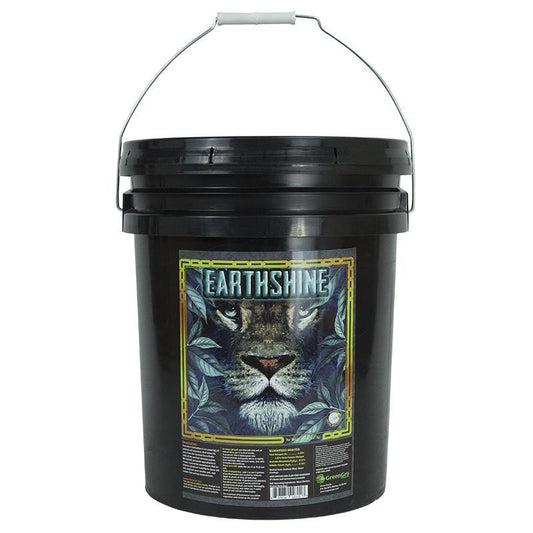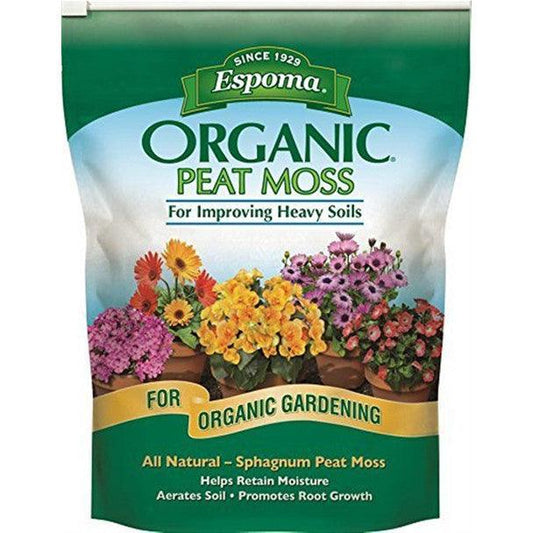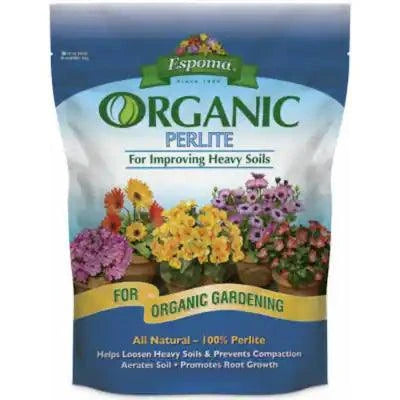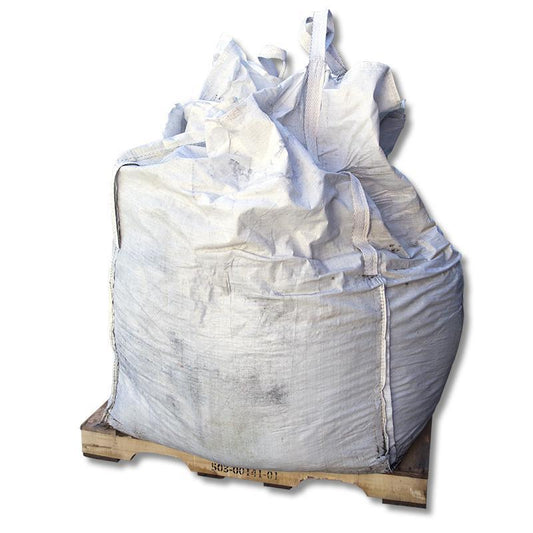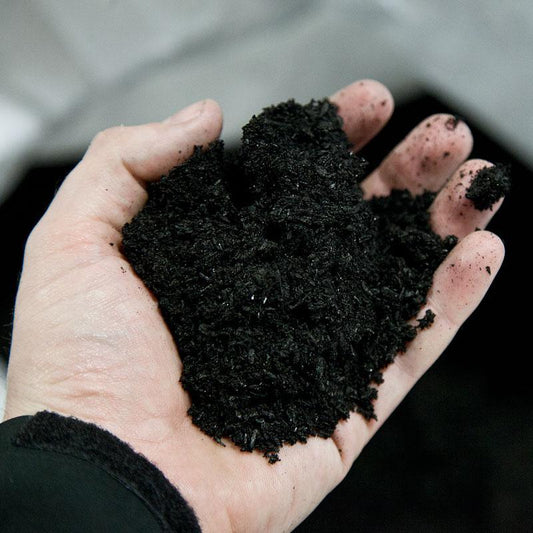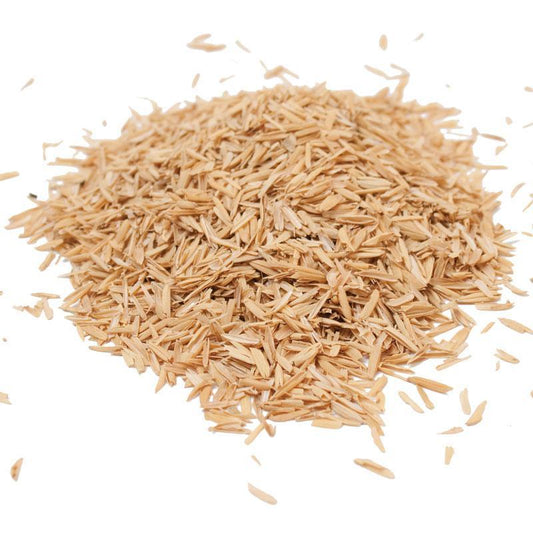Introduction to Soil Conditioners
Soil conditioners are essential tools for gardeners and farmers seeking to improve the quality of their soil. They are products that enhance soil structure, fertility, and overall health. By adding soil conditioners to your garden or farm, you can optimize the growing environment for your plants, leading to healthier crops and increased yields.
Organic Matter-Based Soil Conditioners
Organic matter-based soil conditioners are derived from natural materials such as compost, peat moss, and well-rotted manure. These products are rich in essential nutrients and improve soil structure by increasing its water-holding capacity and aeration. They also encourage the growth of beneficial microorganisms in the soil. Organic matter-based soil conditioners are excellent choices for enhancing the fertility of your soil while promoting long-term sustainability.
Compost
Compost is one of the most popular and readily available organic matter-based soil conditioners. It is created by decomposing organic materials like kitchen scraps, yard waste, and leaves. Compost enriches soil with essential nutrients, improves moisture retention, and enhances microbial activity. When incorporated into your garden or farm, compost increases soil's ability to support plant growth and disease resistance.
Peat Moss
Peat moss is another organic matter-based soil conditioner. It is known for its excellent water retention capabilities, making it a valuable addition to sandy soils that tend to drain quickly. Peat moss also contributes organic matter to the soil, which improves its structure and fertility. However, using peat moss responsibly is important, as its extraction can harm fragile ecosystems.
Manure-Based Soil Conditioners
Well-rotted manure, such as composted cow or chicken manure, is a rich source of organic matter and nutrients. These soil conditioners add valuable nitrogen, phosphorus, and potassium to the soil, essential elements for plant growth. They also introduce beneficial microorganisms that break down organic matter and improve soil structure. When using manure-based soil conditioners, ensure they are fully composted to avoid introducing harmful pathogens to your soil.
Mineral-Based Soil Conditioners
Mineral-based soil conditioners contain various inorganic materials, including vermiculite, perlite, and gypsum. These products are often used to improve soil structure and aeration. They have unique properties that can benefit different soil types.
Vermiculite
Vermiculite is a naturally occurring mineral that expands when heated, creating a lightweight and moisture-retentive soil conditioner. It helps soils retain water and nutrients, making it an excellent choice for sandy or fast-draining soils. Vermiculite also promotes root growth and can be used in potting mixes to enhance container gardening.
Perlite
Perlite is another mineral-based soil conditioner made from volcanic glass. It improves soil aeration and drainage by increasing pore space. Perlite is commonly used in potting mixes and helps prevent compaction in heavy soils. It is an excellent choice for improving root development and overall plant health.
Gypsum
Gypsum is a mineral-based soil conditioner that can address problems in heavy clay soils. It improves soil structure by breaking up compacted layers and enhancing root penetration. Gypsum also adds calcium and sulfur to the soil, both of which are essential nutrients for plant growth.
In Summary
Soil conditioners are vital in enhancing soil health and optimizing plant growth. Whether you choose organic matter-based or mineral-based soil conditioners, selecting the right product depends on your soil type and specific needs. By incorporating these products into your gardening or farming practices, you can create an ideal environment for your plants to thrive, resulting in healthier crops and improved yields.



